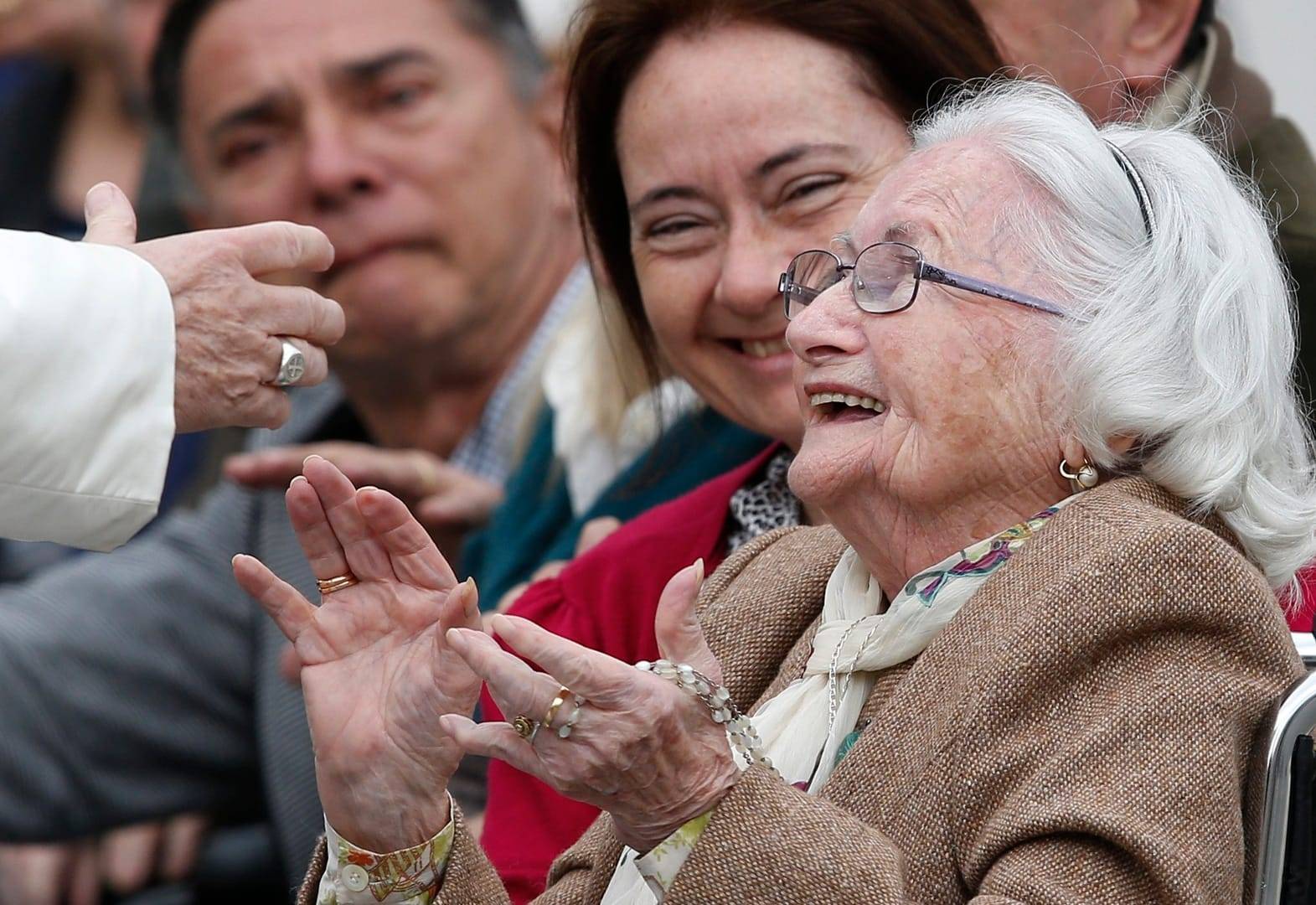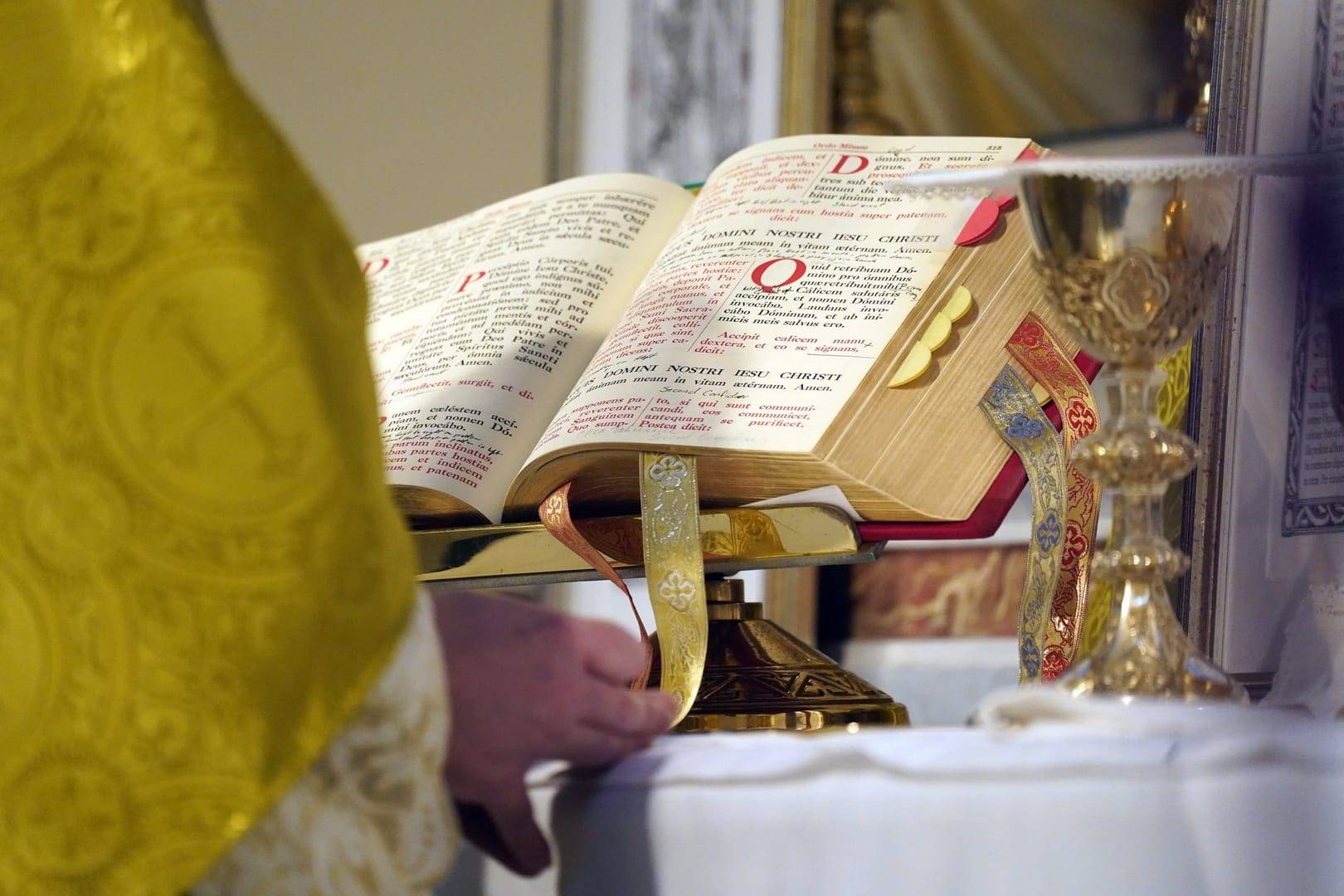ROME— Bishops in the island nation of Malta, in percentage terms among the most Catholic nations on earth, have followed those of Buenos Aires, the pontiff’s home archdiocese, in their approach to Pope Francis’s document on the family, Amoris Laetitia.
Like their Latin American peers, they’ve produced a set of guidelines that clearly state the door to Communion for divorced and civilly remarried Catholics is open.
“If, as a result of the process of discernment,” the bishops write, “a separated or divorced person who is living in a new relationship manages, with an informed and enlightened conscience, to acknowledge and believe that he or she is at peace with God, he or she cannot be precluded from participating in the sacraments of Reconciliation and the Eucharist.”
Meaning, if a person, in good conscience, believes he or she is entitled to Communion, priests in Malta can’t exclude them from accessing the sacrament.
The Maltese “Criteria for the Application of Chapter VIII of ‘Amoris Laetitia’” was signed on January 8 by Archbishop Charles Scicluna of Malta and Bishop Mario Grech of Gozo. Released on Jan. 13 through the bishops’ website, the document sent to the country’s priests included a copy of the divisive chapter at the end.
In their guidelines the bishops write that when a priest meets persons who find themselves in “irregular” situations, he must “enter in dialogue with them and to come to know them in a spirit of authentic charity.”
“If, subsequently, they show a genuine desire or accept to engage in a serious process of personal discernment about their situation, we should accompany them willingly on this journey, with true respect, care and attention,” they write.
Catholics who are in these situations, the document continues, quoting Amoris, “should be made to feel part of the Church” because “They’re not excommunicated.”
Throughout this process of accompanying a person who’s discerning his or her situation, the role of a priest-or bishop- is not that of “granting permission for these people to receive the sacraments, or to offer ‘easy recipes,’ or to substitute their conscience. Our role is patiently to help them to form and enlighten their own conscience, in order that they themselves may be able to make an honest decision before God.”
The first step in this process, Scicluna and Grech write, always must be to affirm church teaching on the indissolubility of marriage. Then, the couple’s specific situation should be examined to determine if their first union was a valid marriage and if reasonable doubt arises, they should be encouraged to request a declaration of nullity.
“While exercising our ministry, we must be careful to avoid falling into extremes: into extreme rigor on the one hand, and laxity on the other,” the guidelines say. “This process should be an invitation to harness certain attitudes, such as pastoral charity, honesty, discretion, an ongoing conversion, and love for the Church and her teaching.”
The prelates close their criteria acknowledging that they, as Pope Francis, know that there are some who prefer a “more rigorous pastoral care.”
Yet, once again quoting Francis’s document, the Maltese bishops say they believe “Jesus wants a Church attentive to the goodness which the Holy Spirit sows in the midst of human weakness, a Mother who, while clearly expressing her objective teaching, ‘always does what good she can, even if in the process, her shoes get soiled by the mud of the street’.”
Though the two prelates didn’t get a letter from Francis commending their approach, as the Argentines did, the Maltese guidelines were published on Friday by the Vatican’s newspaper of record, L’Osservatore Romano, signaling that they have Rome’s approval.
Related: Pope okays Argentine doc on Communion for divorced and remarried
As most diocesan guidelines do so far, the document solely addresses Chapter VIII, which focuses on couples in irregular situations.
The bishops who produce the guidelines for the application of Amoris Laetitia do so following Francis’s request. However, interpretations have varied, with many prelates saying that the document opens the door to Communion for couples who are civilly remarried and others saying that it doesn’t, arguing that doing so contradicts the Church’s teaching and tradition.
South African Cardinal Wilfred Napier, an avid Twitter user, has been sharing passages of the document and reflections, generally supportive of the apostolic exhortation as a whole. On January 5th, however, he asked if “The faith taught by the missionaries e.g. that polygamy is morally wrong because Scripture teaches one man one wife for life, completely wrong?”
3/3 If Westerners in irregular situations can receive Communion, are we to tell our polygamists & other “misfits” that they too are allowed?
— Cardinal Napier (@CardinalNapier) January 5, 2017
Scicluna, who was sent back to Malta by Francis after a 17-year run in the Vatican’s Congregation for the Doctrine of the Faith, previously worked as Promoter of Justice under Cardinal Joseph Ratzinger, who kept him there when he became Pope Benedict XVI.
An expert in canon law, he was credited with constructing the 2010 universal norms that extended the Church’s statutes of limitations on reporting cases of sexual abuse.















